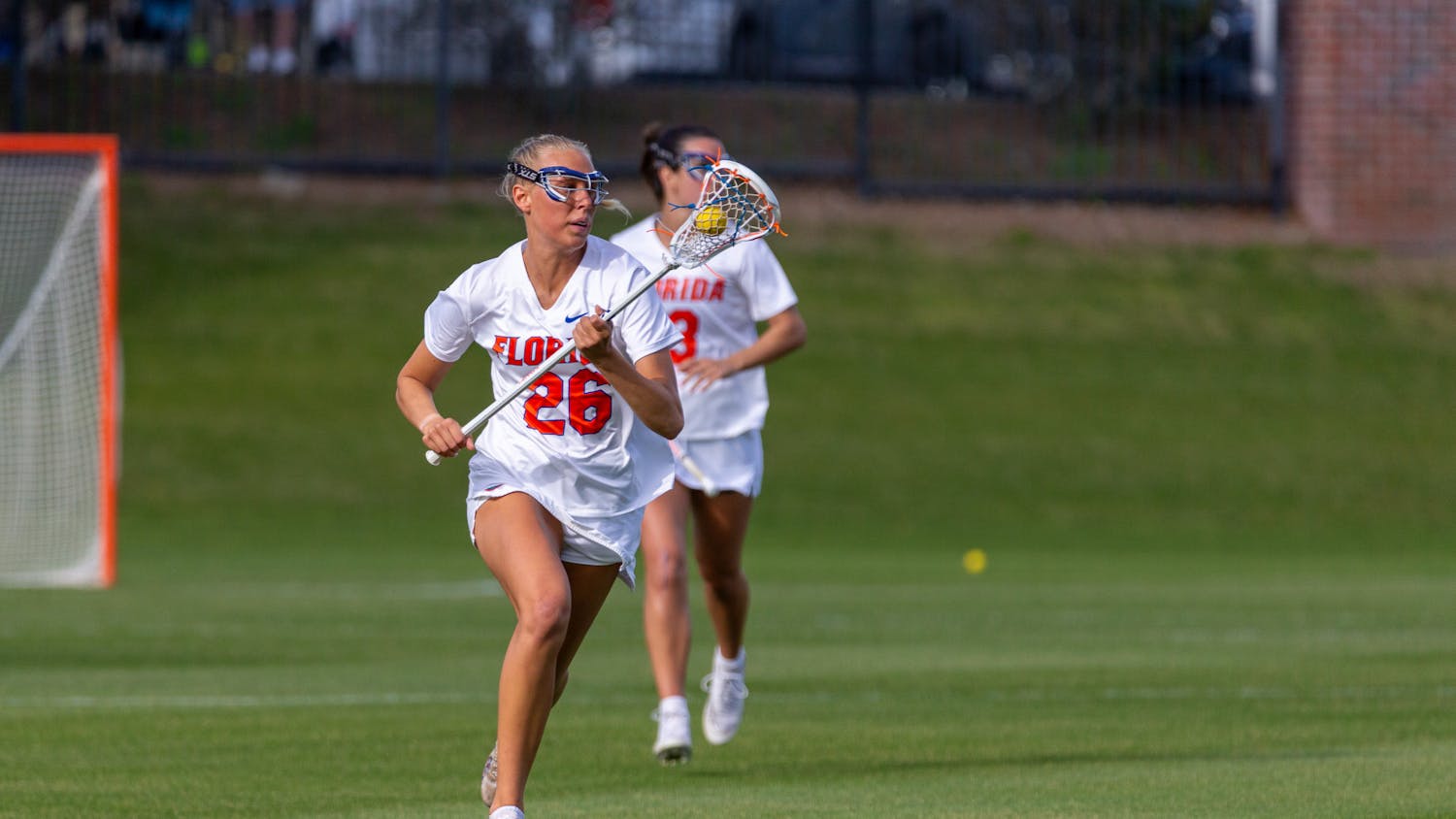UF students may receive up to $1,000 in emergency financial aid to help with COVID-19 pandemic-related expenses.
On Feb. 16, the Higher Education Emergency Relief Fund II provided more than $15.5 million for UF to fund Federal Emergency Financial Aid Grants for students. Aid is distributed in two rounds. The first round of funding was distributed to students on Mar. 9, and the second round is currently being disbursed. Undergraduate, graduate and professional students at UF are split into two groups determining their eligibility for funding, and students are only eligible for one round.
Students can fill out the application to receive aid for the second round of funding until April 2. Students must either be U.S. citizens, permanent residents or eligible non-citizens to receive funds.
To qualify for the first round of funding, students’ FAFSAs — Free Application for Federal Student Aid — needed to show an Expected Family Contribution of $7,500 or less. Expected Family Contribution is the calculated amount of money that financial aid offices use to determine students’ financial aid, based on factors such as taxed and untaxed income, assets and family size.
These students received funds varying from $500 to $1,000, UF spokesperson Cynthia Roldan wrote in an email. Those who received $500 have an EFC of $7,500, which is the highest amount students can have to receive a grant in the first round of funding. Students awarded $1,000 have an EFC of $0.
While students in the first round don’t have to apply for their aid, they must fill out the Federal Emergency Aid Certification Form to receive it, according to the UF Office of Student Financial Aid and Scholarships’ federal emergency grant FAQ page.
On Mar. 9, students in the second round received an email offering a potential maximum of $500 from the fund. These students have an EFC greater than $7,500 or they did not fill out FAFSA, and they need to apply for the funds.
UF estimated that a total of 51,842 students were eligible to be considered for a grant. As of a March 19 Board of Trustees meeting, UF has awarded grants to 15,661 students.
When Raian Sadman logged into his One.UF portal on Mar. 10, curious about the upcoming semesters’ schedule of courses, he was met with a hold on his account and a change in his financial aid information.
The hold was to complete the Federal Emergency Aid Certification Form that would disburse $700 to Sadman. The hold informs students in the first round of funding of their pending award, but it doesn’t have any negative academic consequences.
The 20-year-old UF aerospace engineering sophomore said the aid helped relieve some of the stress brought on by COVID-19, including helping pay medical bills for his grandfather, who faced COVID-19-related medical complications.
“It gets rid of a lot of that stress,” he said. ”I’ve already had trouble managing money because of how hard it has been.”
Although he appreciates UF’s financial disbursements, Sadman said the university could have spent more money on its students to alleviate other types of hardships. Specifically, he said one big issue is the Counseling and Wellness Center, which he said has been understaffed during an emotional and uncertain time.
Joslyn Massie, a 19-year-old UF nursing sophomore, used her $1,000 grant to cover the unexpected cost of a new computer after her previous one stopped working because her online classes require working technology, she said. The rest of her grant, she said, would go towards helping her pay rent.
Still, Massie wishes UF would offer a fixed amount of money to all students who need or want it without prioritizing students with a low EFC. She said something similar to Student Government’s rent relief bill, which provided $500 to 1,000 students to pay housing expenses, would be helpful.
“UF should use that same approach that Student Government used: ‘If you need it, and you’re eligible, then we’ll happily help you,’ as opposed to just saying ‘Oh, your EFC is zero? That means you definitely need help,’” she said.
Contact Sofia Echeverry at secheverry@alligator.org. Follow her on Twitter @sofecheverry.

Sofia is a news assistant on The Alligator's university desk. This is her second semester at paper, where she previously worked as a translator for El Caimán.






